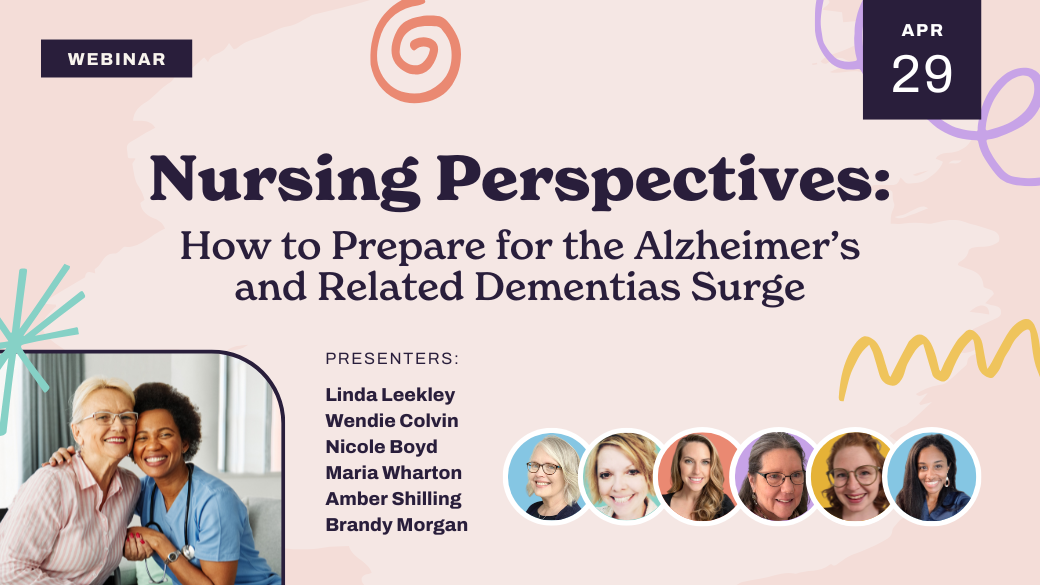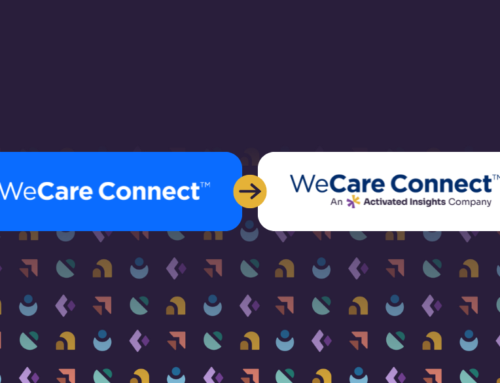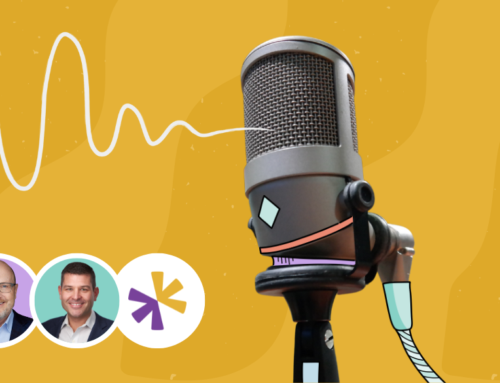Are Your CNAs In the Know about Sexual Harassment?

As healthcare professionals, we know that sexual harassment is an important topic, mandated as part of every employee’s training by the Joint Commission, OSHA and state regulations.
Regardless of your political leanings, there is no denying that the current presidential election has brought the issue of sexual harassment to the forefront. As healthcare professionals, we know that sexual harassment is an important topic, mandated as part of every employee’s training by the Joint Commission, OSHA and state regulations.
Still, it seems as if most women (and some men) have at least one story to tell about a time they were sexually harassed. Mine occurred many years ago, when, as a 22-year-old college senior, I landed an internship at a well-regarded children’s hospital. Back then, parents weren’t allowed in the pre-operative area, so my role was to stay with the children and tend to their physical and emotional needs prior to surgery.
One day, as I was comforting a seven-year-old boy who was frightened about his imminent operation, the anesthesiologist assigned to his case came up to the boy’s stretcher. Loudly enough for the patient to hear, he said to me, “I sure wish you’d hold my hand, lean over me, and talk softly like that…but I’d want you to loosen another button or two on your blouse.” His words shocked me; I blushed, feeling both embarrassed and angry, but kept my attention on my young patient.
Later that day, I told my supervisor what had happened. In turn, she relayed the episode to the Chief of Surgery, who asked to meet with me. He apologized on behalf of the department and said that the offending anesthesiologist would also apologize. I was told that he had been reprimanded both verbally and in writing in his personnel file. Soon after, the anesthesiologist did apologize. He kept his distance for the remainder of my internship and I suffered no repercussions from reporting the harassment.
Looking back, I can’t help but wonder if I would have been so quick to report the incident had I been an employee at the hospital (instead of an unpaid intern). Would I have potentially jeopardized my job and/or risked escalating the problem by reporting a man with whom I would have to work, day after day, month after month? I’d like to think the answer is “yes,” especially because the physician’s offending behavior happened in front of a scared child whose life was soon to be in his hands. But, of course, I’ll never know for sure.
Do your nurse aides understand what constitutes sexual harassment and how to respond if it happens to them? Is “locker room talk” okay because it’s just words? What types of actions are considered sexual harassment? What if the offender is a person of power in your workplace? What if the offender is a patient?
If your nurse aides could benefit from a better understanding of this important issue, consider our inservice, Sexual Harassment in the Workplace. It answers all of these questions, and more. And, because it is such a critical topic these days, we are offering it at a 25% discount now through November 11th.
Please note that while the inservice was written for nursing assistants and provides them with one hour of inservice credit, the information in the module would be useful for any and all of your employees.
Best wishes,
Linda
Linda H. Leekley BS, RN, President, In the Know








